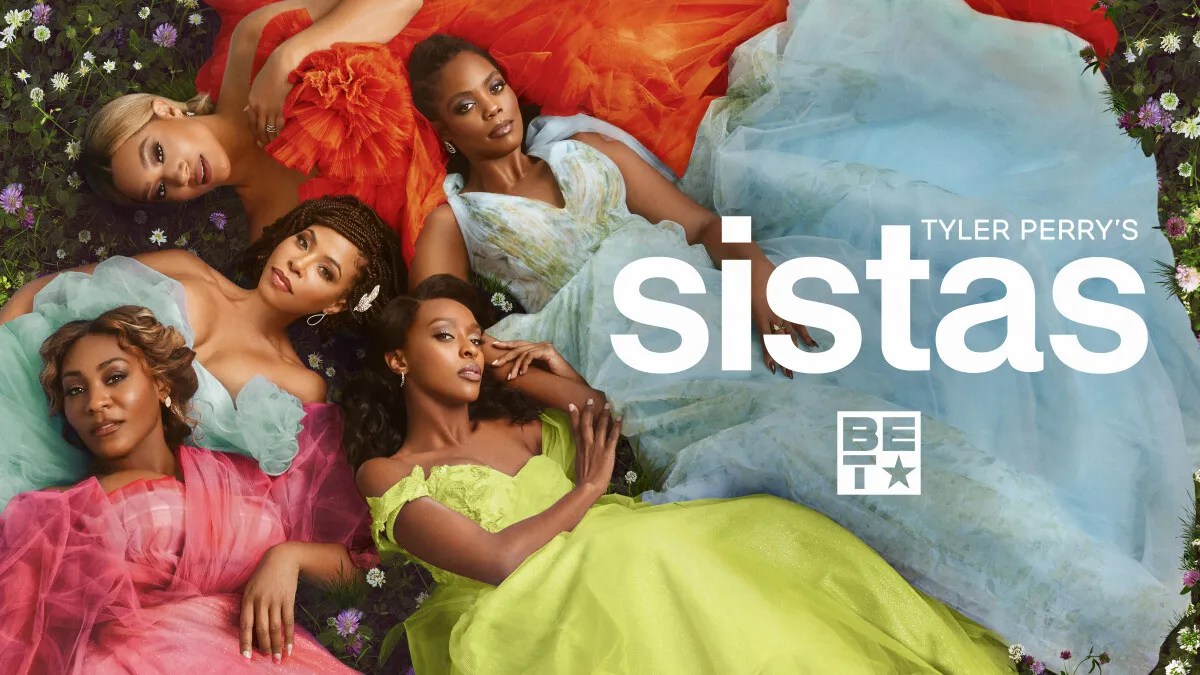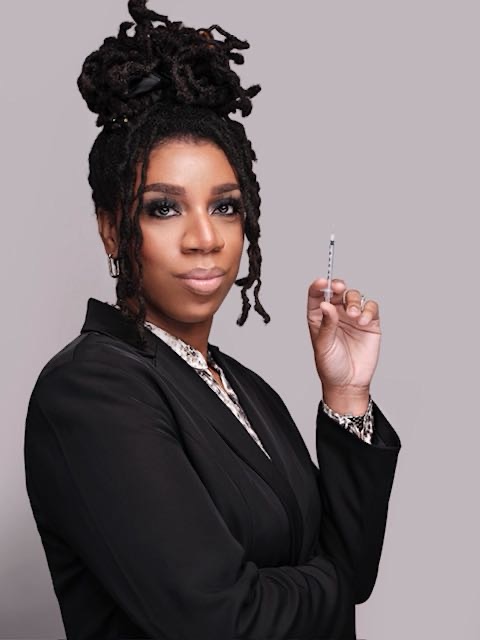By Krystal Harris
Yes, you read that correctly—and no, I’m not just talking about your hair. I’m talking about your right to exist as your natural and authentic self.
In 2019, California made history as the first state to adopt the CROWN Act—a groundbreaking law that protects individuals from race-based hair discrimination. In simple terms, this legislation helps level the playing field for those who wear natural hairstyles like Locs, Afros, Braids, and other textured styles.
The CROWN Act stands for Creating a Respectful and Open World for Natural Hair, and it has become a powerful catalyst for conversations in communities of color. On one hand, it’s a long-overdue step toward equity. On the other, it’s frustrating that we even need legislation to protect people for embracing the hair that naturally grows from their scalps.
Yes, it’s ridiculous—but it’s also a clear reminder of how vital legal protections are, especially now.
– ADVERTISEMENT –
With some political leaders actively working to dismantle education, healthcare, and federal support systems that serve millions of Americans, we must remain alert. If laws like the CROWN Act are rolled back, people of color, queer communities, and other marginalized groups will feel the impact the hardest.
The CROWN Act is part of a broader Diversity, Equity, and Inclusion (DEI) initiative—one that’s also under threat. Earlier this year, the Trump campaign announced plans to defund DEI programming at the federal level. In response, many schools and corporations followed suit, scaling back or eliminating their DEI efforts entirely. This pressure to retreat from equity-focused work has already harmed countless institutions—and the communities they’re supposed to serve.
But people are pushing back.
From grassroots organizers to nationwide boycotts, underserved communities are making it clear: DEI matters. Companies like Target have seen significant drops in sales following public backlash to the abandonment of inclusion efforts. The message is loud and clear: without DEI, marginalized people suffer—socially, economically, and emotionally.
So I’ll ask you again: Who is protecting your CROWN?
The truth is—we must protect it ourselves.
Start by educating yourself on both local and national legislation. Share that knowledge with your community. Contact your state representatives and senators. Urge them to enact or preserve the CROWN Act in your state. Support the movement by signing the petition and joining the CROWN Coalition.
These small but powerful actions can help shape the future of this country.
– ADVERTISEMENT –
So wear your crown boldly, and never forget:
It’s not just hair. It’s your identity. It’s your legacy. It’s your power.


